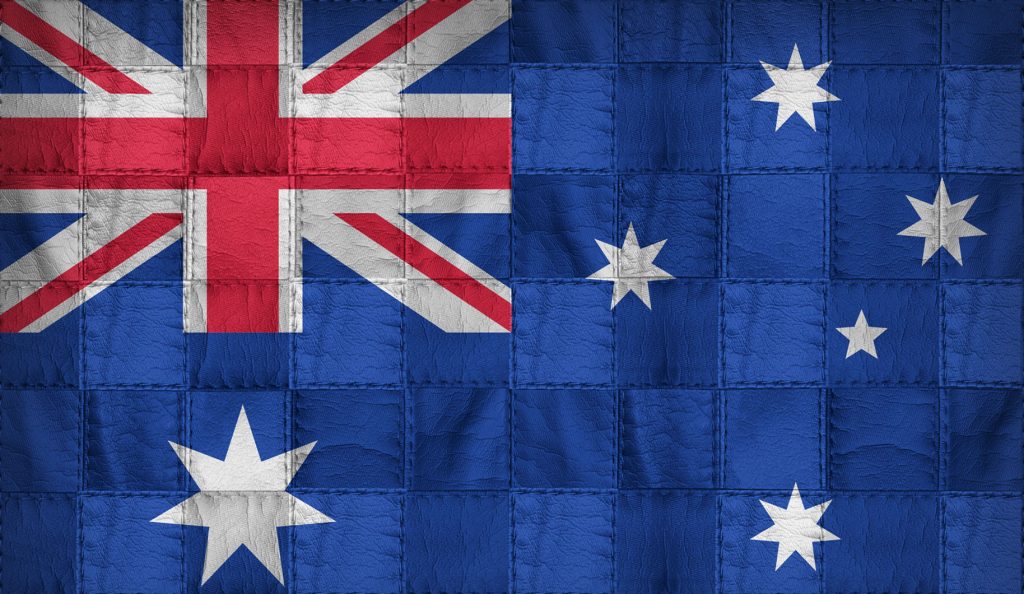
New research shows nearly two-thirds (64 per cent) of Australians believe Federal and State Governments have not collaborated well during the pandemic, exposing fault lines in the century-old Federation.
An Ipsos poll* of 1,000 Australians conducted in late September by The McKinnon Prize in Political Leadership found Australians don’t think National Cabinet – established amid much fanfare last year – is working as it was designed to do, while regional voters are drifting away from the major parties.
The poll found perceived failures of coordination between the Commonwealth and States predictably included the vaccination roll-out (76 per cent), border closures (73 per cent) and quarantine (70 per cent).
These elements were also predictably parochial in their nature, with Victorians most unhappy with the vaccination roll-out (80 per cent), while Western Australians were critical of border closures and travel bans (81 per cent). Those in New South Wales were most satisfied with government financial support (60 per cent), yet were much less impressed than Victoria with the performance of the National Cabinet (36 per cent vs 44 per cent).
At a time when political leadership has never been more important or evident to the electorate, nominations have opened for Australians to put forward their pick for the 2021 McKinnon Political Leader of the Year and The McKinnon Emerging Political Leader of the year.
The McKinnon Prize is an initiative of The University of Melbourne and Susan McKinnon Foundation. It recognises political leaders at all levels of government and strives to highlight the importance of political leadership to the lives of Australians, and to generate a discussion on the expectations we have of our political leaders.
2021 McKinnon Prize Ambassador, Amanda Vanstone, said the formation of the National Cabinet still heralded a new collaboration between governments to support Australians during the pandemic.
“The formation of the National Cabinet signalled the desire for collaboration across Federal and State governments to manage the pandemic together and support all Australians,” Ms Vanstone said.
“However, as the pandemic affected different States in different ways, and citizens and commentators began to apportion the blame on different leaders, our Federation splintered along State and party lines, which presents a real challenge for elected leaders.
“While there are many perceived failures of governments, it was positive to see Australians did approve of the financial support provided by governments during lockdown, with 64 per cent of respondents listing it as the strongest part of the coronavirus response.”
The poll also found there is a marked difference between metropolitan and regional Australia when it comes to voting patterns, with those in regional or rural areas more sceptical of major parties.
Those who lived in capital cities were more likely (44 per cent) to vote for one of the two main political parties, while those in regional or rural areas had far more variation in their voting habits, where only 32 per cent of the respondents indicated they voted for Labor or the Liberal/National parties.
2021 McKinnon Prize Ambassador, Simon Crean, said this represents a significant opportunity for political leaders from the major parties to lean into the issues affecting persuadable voters in regional Australia.
“It’s interesting to see lower levels of support for the major parties in the regions. Whatever is driving this frustration with major parties, this divide represents a key opportunity for our leaders to show their constituents the key attributes required for good leadership,” said Mr Crean.
“We know that Australians are generally supportive of National Cabinet, but they don’t see it working. The research shows that people want to see strong collaboration between the Federal and State governments, and no doubt this is reflected in regional Australia too. Collaborative behaviour between States, and balancing the needs of the city and the country, can only serve to build trust and support from voters.”
“With Australia facing immense challenges at home, in our region and the wider world, it’s more important than ever that we have courageous and visionary leaders. We need leaders who are able to respond to crises with urgency and articulate a vision to lead the nation through its recovery over the next decade.
“Most importantly, we need leaders who can collaborate to achieve solutions,” Mr Crean said.
About the McKinnon Prize
The McKinnon Prize in Political Leadership is a non-partisan and independent award that recognises two outstanding Australian political leaders each year. It is a collaboration between the Susan McKinnon Foundation and the University of Melbourne.
About Amanda Vanstone
Amanda Vanstone entered the Australian Parliament in 1984 and was a Liberal senator for South Australia from 1984 to 2007. After her resignation from the Senate in 2007, Amanda served as the Australian ambassador to Italy until July 2010. Amanda is an ambassador for The McKinnon Prize for 2021.
About Simon Crean
Simon Crean served as a member of the Labor Party in the House of Representatives from 1990 until 2013. During his time in parliament, he served as Leader of the Australian Labor Party, Leader of the Opposition and managed a range of portfolios. Mr Crean was also President of the Australian Council of Trades Union (ACTU) from 1985 to 1990. Simon is an ambassador for The McKinnon Prize for 2021.
*This data collection was conducted by The McKinnon Prize, using Ipsos’ DIY (Do-It-Yourself) self-serve platform, FastFacts. Click here for Terms and Conditions of FastFacts.
